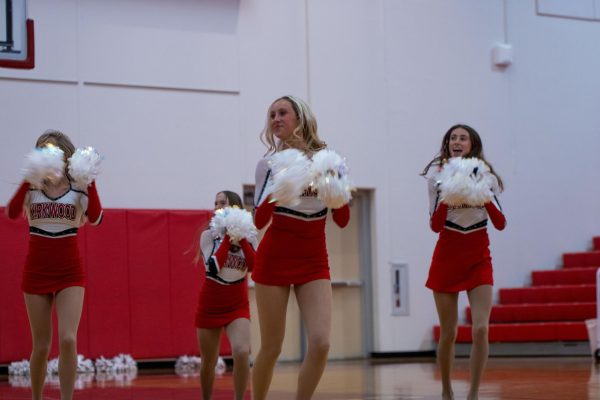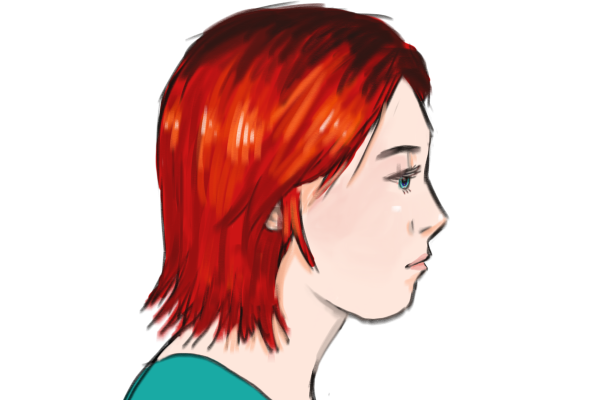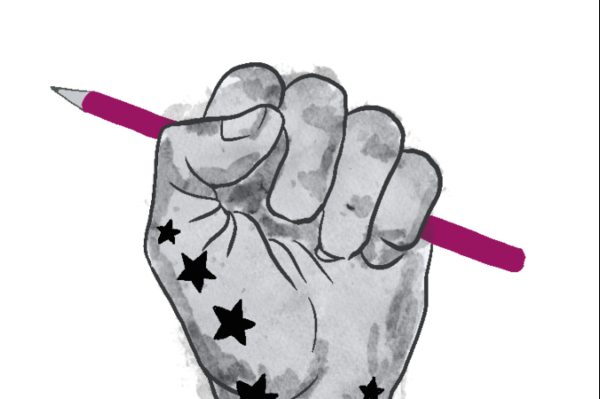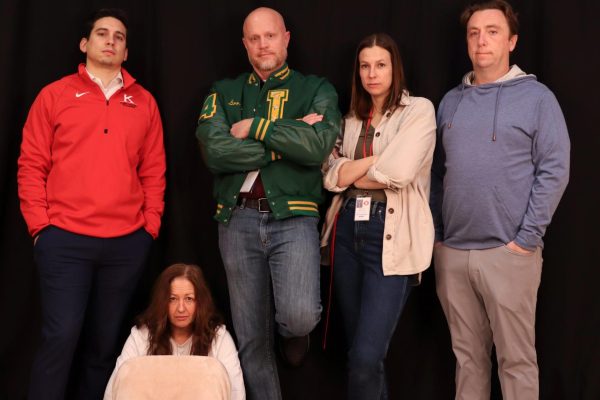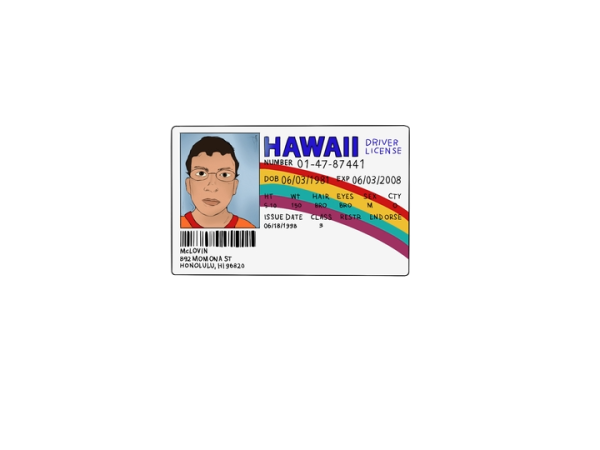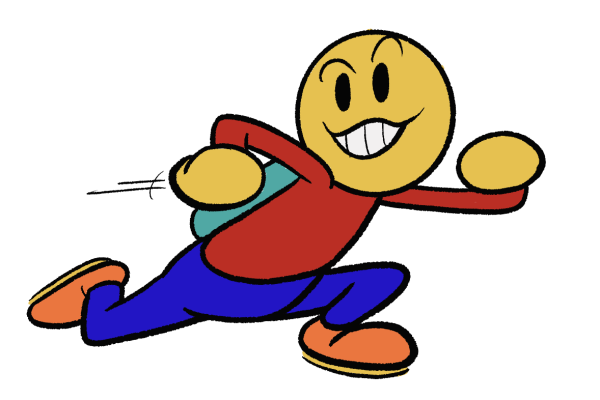It’s a bird, it’s a fruit, no, it’s a writing institute
For most students, the word “KIWI” might mean a brown-skinned fruit or a particularly pitiful flightless bird. Not many realize that Kirkwood has its very own KIWI waddling through the halls of the English department.
KIWI stands for Kirkwood Writing Institute – the extra “i” coming from the second letter of Kirkwood. KIWI is a two-week long summer program where students learn about different types of writing, produce short polished pieces of their own work and receive constructive feedback from a group of experienced writers. The writing program attracted 13 KHS students this summer even though this was it’s first year.
The group was English teacher Donna Canan’s idea. Two other English teachers, Simon Drew and Dr. Eric Turley, both of whom have participated in similar programs, supported the idea and helped it to become a reality.
“The three of us met at Kaldi’s early last summer and we wanted to create a writing institute that was unique to Kirkwood,” Canan said. “We tried purposefully not to look at other models. We put our ideas on our website and had students select three strands of writing that we would teach.”
Those three ended up being Poetry and Short Fiction, Personal Narrative and the College Essay.
For eight days in June, the students participating in KIWI met in the KHS library at noon, always starting the day with a group activity. These activities varied. One day, students participated in a group reading and bashed excerpts from Stephenie Meyer’s Twilight. Next, teachers presented their personal projects to the class in order to demonstrate how to present pieces of writing.
Following these group activities, everyone would split off into the three groups of four students with one teacher with each group to learn more about a specific strand of writing. The largest block of time in each day was devoted to personal writing time. Everyone, including the teachers, split off on their own and wrote. At the end of the two weeks, each student was expected to present two original, mostly completed pieces to the class, as well as a character sketch on a random KIWI member.
“The character sketch was fun,” Cort Roseman, freshman said. “You had to secretly watch someone for a week and then kind of report to everybody [through a piece of writing] who they are without saying their name.”
If students were having trouble finishing one of these projects at KIWI they were expected to continue writing and editing at home.
Next year, Donna Canan wants to expand that experience by skyping with different authors. According to Canan, when Inda Schaenen, a local author, visited KIWI, the students reacted enthusiastically. Plans are also in motion to allow incoming eighth graders to participate in the program, as Melissa Banjak, middle-school teacher, joins KIWI staff.

Ross Rubright, junior, heard of KIWI through Canan’s English class. Though he thought about signing up last year, he ended up not doing it.
“I think its something that I would thoroughly consider giving a try in the future, next summer maybe,” said Rubright. “ I don’t really know all that much about it.”
Canan said publicity is a challenge.
“[Last year] we had [KIWI] up on the website,” Canan said. “We went to all the class coffees and explained it that way, and we talked about it in the classrooms, but I think the word is just starting out there.”
Even though many of this year’s students did not know what to expect from KIWI at the outset, though they seem to like what they found.
“We gave anonymous surveys and 11 out of 13 students decided they would return next year,” Canan says. “Considering that was our first year and we have a lot to learn ourselves, we felt that was really a success.”
Both Canan and Roseman agree the future for KIWI is bright.
“I see it expanding,” Roseman said. “I see its branches [growing] further and further and its roots getting deeper and deeper.”
Your donation will support the student journalists of Kirkwood High School. Your contribution will allow us to purchase equipment and cover our annual website hosting costs.
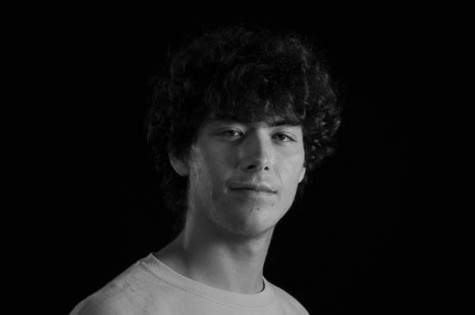
Grade: 12
Extracurriculars: Ultimate, Jazz Band, Cross Country Call, Band, Fun, Jesus in a supportive sense, Extremely Good Things
What do you like...



